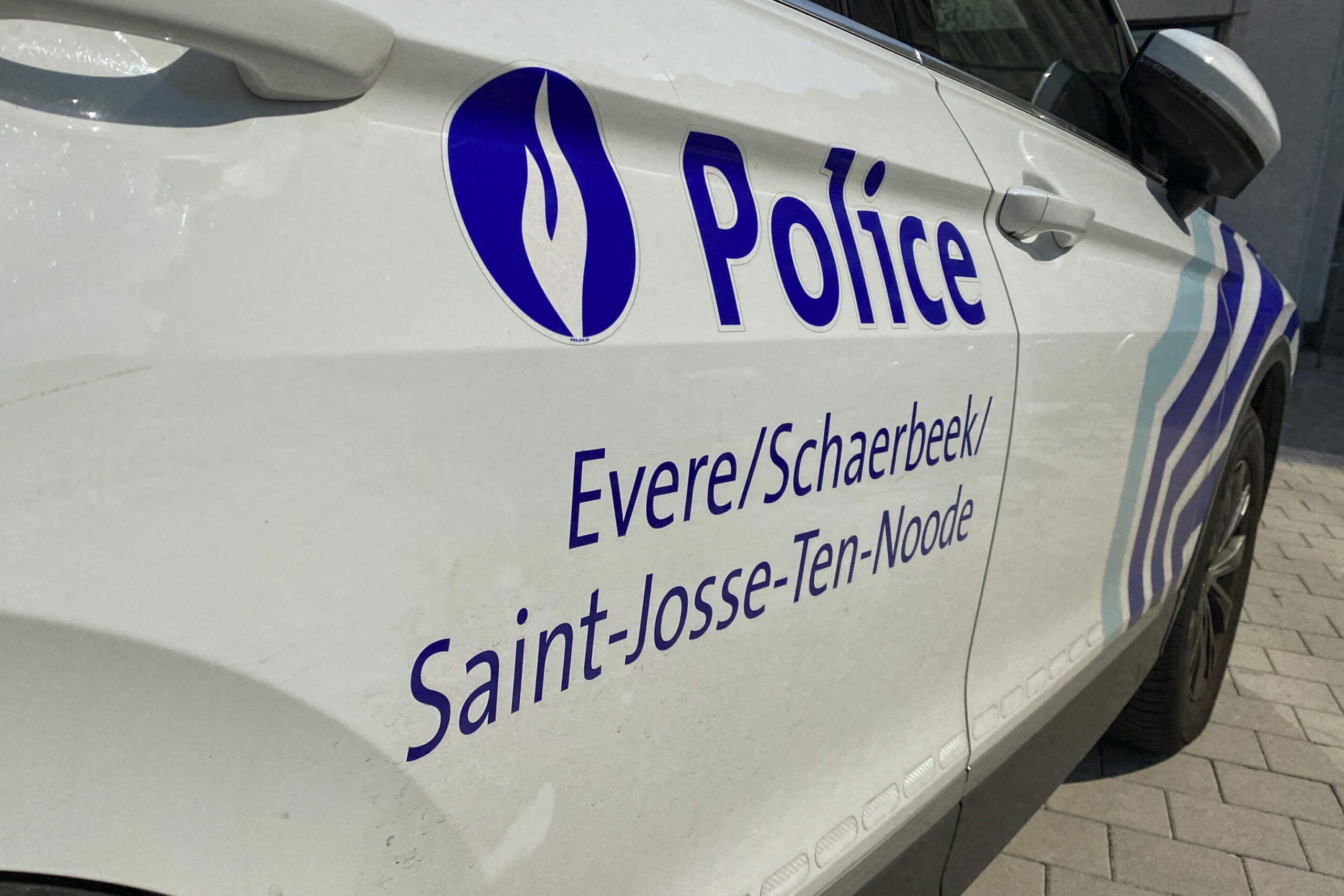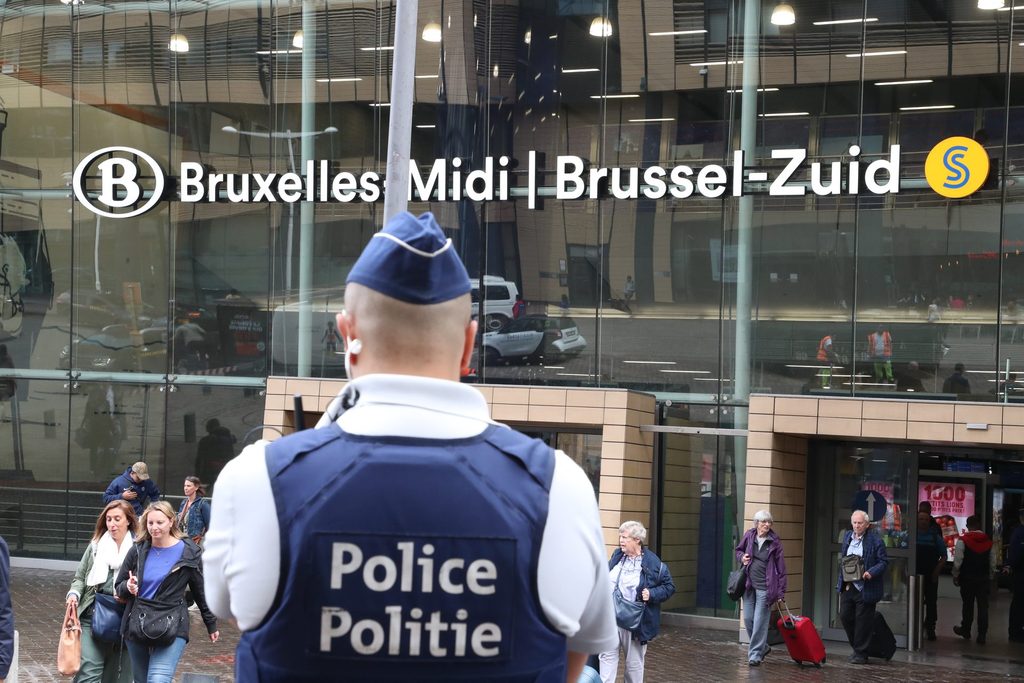The biggest police reform in a quarter of a century is on the table in the negotiations for the next Federal Government. This includes a unified police zone in Brussels.
N-VA party leader Bart De Wever continues to drive forward discussions to form a Federal Government in Belgium. The five parties that will likely make up the so-called 'Arizona' coalition – N-VA, MR, Les Engagés, Vooruit and CD&V – are debating plans on several sub-topics. Within Home Affairs, a historic police reform is on the table, which is considered to be the biggest since the 'Octopus Agreement' implemented in 1998 in the wake of the Dutroux case.
While the plans are still being outlined and no agreement has yet been made, a stricter security culture is clearly on the horizon, De Tijd reported.
More efficient or 'false good idea'?
One of the most significant reforms being discussed is the intention to merge the six police zones in Brussels, which each cover different municipalities with a separate chief of police and police board. This reform was already hinted at in August, as none of the Arizona formation party leaders vetoed the idea.
Flemish parties have called for such a merger for several years, arguing that this would allow the police to work more efficiently. They have underlined that problems in the capital, especially related to drug trafficking, are rarely confined to just one municipality, meaning that zones are already forced to work together.
The plea was repeatedly met with resistance from the French-speaking side. Initially, both Les Engagés and PS, in particular, saw little point in a merger. They feared that the increase in scale would be at the expense of local district operations and that no chief of police would want to lead the large-scale Brussels zone.

Individual police zones may soon be a thing of the past. Credit: Belga / Thierry Roge
While in Brussels, there is not yet a majority on the Flemish side, Groen, Open VLD, Vooruit and N-VA are in favour of a merger. Now it seems Les Engagés' position has changed at the federal level, this leaves PS alone on the anti-merger team.
Alone or not, PS is holding firm: Saint-Gilles Mayor Jean Spinette (PS) told The Brussels Times that a merger is a "false good idea" which ignores the fact that municipalities provide the bulk of financing to their police zones. He added that the real issue of resources will not be addressed by a centralisation of authority.
Earlier this year, the chief of police of the Brussels South police zone, Jurgen De Landsheer, launched an appeal for a review of local police duties. However, he also argued against a unified police zone, stating that it would "only move the police further away from the people."
More details on the practicalities of implementing the merger have not been disclosed.
Zero tolerance for drug use
The formation talks may result in other major changes in Brussels, including the drug consumption space GATE possibly having to close its doors.
GATE allows users to take their own drugs under the supervision of trained health professionals, who offer advice about safer practices and intervene in the event of an overdose. Supporters see the centre as a way to tackle insecurity in public spaces, as around 70% of users who come here are homeless. GATE has also helped prevent 16,000 drug intakes on the streets.
However, the Federal Government negotiators believe that the space – which they refer to as the "injection room" – only further attracts drug trafficking. A stricter security culture will be rolled out in and around major railway stations such as Brussels-Midi, where zero tolerance for drugs will soon prevail.
While powers are being seemingly stripped on a local level in Brussels, local police districts elsewhere will be given more leeway to ensure security in their cities. The Administrative Enforcement Act, which gives mayors more power to tackle crime, will also be optimised. In this regard, the Federal Police must focus on highly specialised assignments such as (cyber) crime, terrorism and corruption and support local forces in these matters.
The reform on the table would also give the next Home Affairs Minister power over all security matters, including the railway security service Securail and the Directorate-General of Aviation.
Negotiators are also resurrecting the ban on demonstrations. This would enable judges to temporarily ban "troublemakers" from participating in demonstrations, which has been strongly opposed by unions. The controversial proposal was scrapped by the Federal Government in December, but is now being reconsidered.

